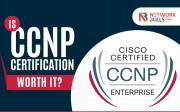Top 7 certifications for network engineers in 2023
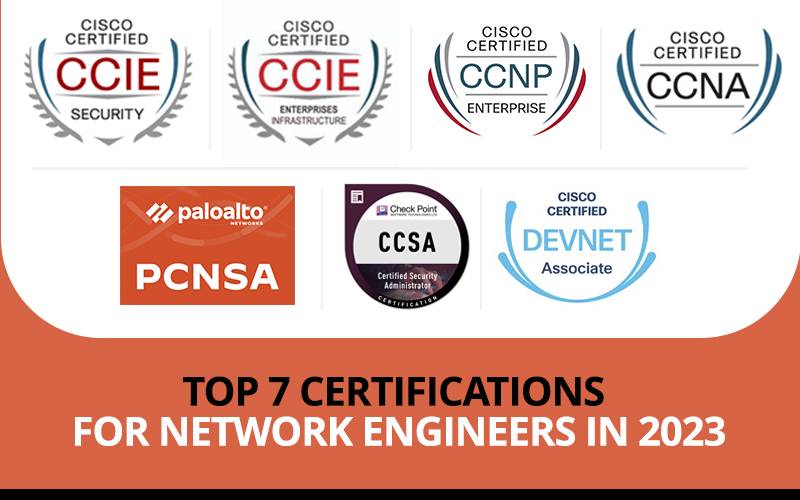
With the rapid growth of technology, the networking field has become increasingly competitive. To stand out from the crowd, it is essential to have the proper training and certification. Cisco certifications are considered some of the most valuable certifications in the networking field, with global recognition and reputation. They are a sure way to gain maximum benefits for those looking for career and growth opportunities in the networking industry.
In this article, we’ll take you through the top 7 certifications that will help you advance your career in network engineering in 2023. Don't miss out on these opportunities to gain the skills and knowledge you need to succeed in the networking field.
1. CCIE Enterprise Infrastructure
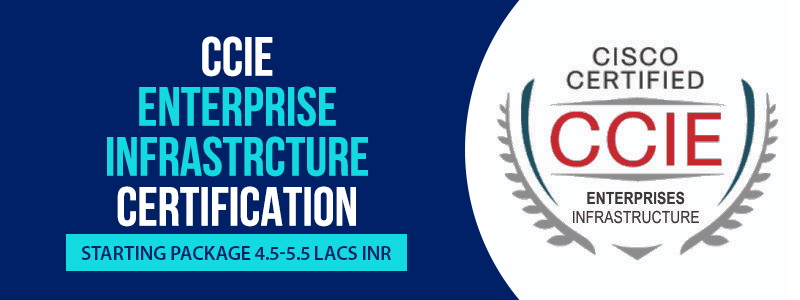
The Cisco Certified Internetwork Expert Enterprise Infrastructure (CCIE EI) is a highly respected and globally recognized credential for network engineers. It is a technical certification that validates the skills required to work on complex enterprise network infrastructure.
The certification covers a wide range of technologies, including routing and switching, network designing, wireless, and network services. Obtaining a CCIE Enterprise Infrastructure certification is a significant accomplishment, and it demonstrates great expertise in the field of network engineering.
Candidates must have a thorough understanding of enterprise network infrastructure technologies to design and implement scalable, secure, and highly available network solutions.
2. CCIE Security V6
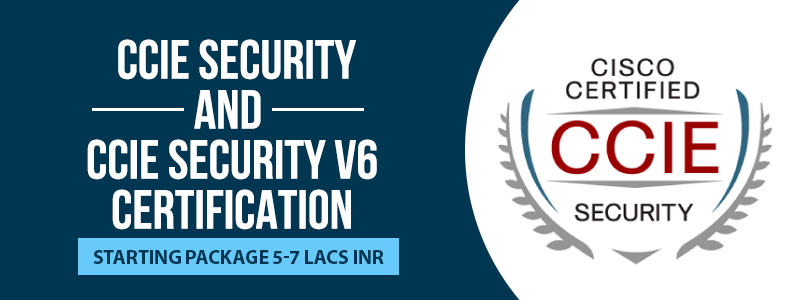
The CCIE Security certification is a technical certification offered by Cisco Systems that validates the skills required to work on complex security solutions in enterprise networks. It covers a wide range of security technologies, including firewall technologies, VPN, intrusion prevention, and network security protocols.
To earn the CCIE Security certification, candidates must pass both a written and a practical lab exam. The lab exam is designed to test the candidate's understanding of complex security solutions in a real-world environment.
The CCIE Security certification is a rigorous and demanding certification, and it requires a significant investment of time, effort, and study. However, it is a highly sought-after certification in the field of network security and can open up new opportunities for career advancement and growth.
3. CCNA
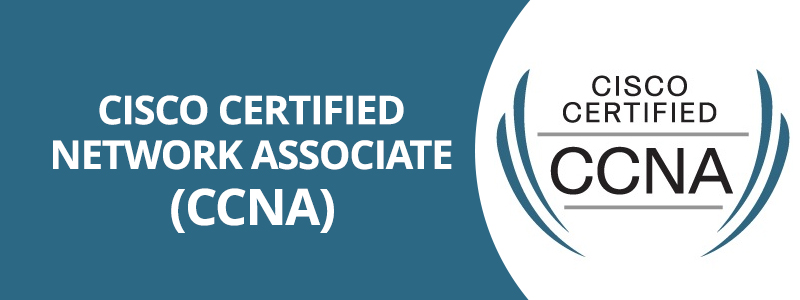
Cisco Certified Network Associate (CCNA) Routing and Switching is an entry-level certification for those who want to gain expertise in mid-sized routed and switched networks.
Cisco CCNA courses are designed to prepare network professionals for today's associate-level job roles in network operations, engineering, and support. With the proper training and practical experience, students will learn how to implement and verify basic router configuration, router security features, switch configuration, and switching technologies such as STP and VLANs, NAT, and DHCP.
CCNA courses from reputed institutes cover other essential topics such as IP addressing schemes, subnetting, Access Control Lists (ACLs), WAN technologies, and network management tools.
4. CCNP Enterprise
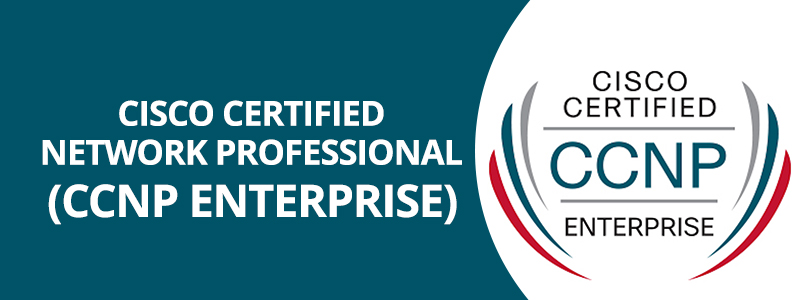
Cisco Certified Network Professional Enterprise (CCNP Enterprise) is an expert-level certification for network engineers. It checks the candidate’s ability to plan, implement, verify, and troubleshoot LANs and WANs, and work with virtualized networks and security protocols.
To earn the CCNP Enterprise, candidates must first achieve the Cisco Certified Network Associate - Enterprise (CCNA) certification. From there, candidates must pass a CCNP core exam and a CCNP concentration exam.
The CCNP core exam covers enterprise networking concepts, including dual-stack (IPv4 and IPv6) architecture, virtualization, network assurance, security, and automation. The CCNP concentration exams cover advanced enterprise network topics such as SD-WANs, wireless LANs, or infrastructure automation.
Earning the CCNP Enterprise gives network professionals the skills they need to excel in today’s rapidly changing networking landscape. With this credential, they can confidently design, implement and troubleshoot enterprise networks of all sizes.
5. CCSA
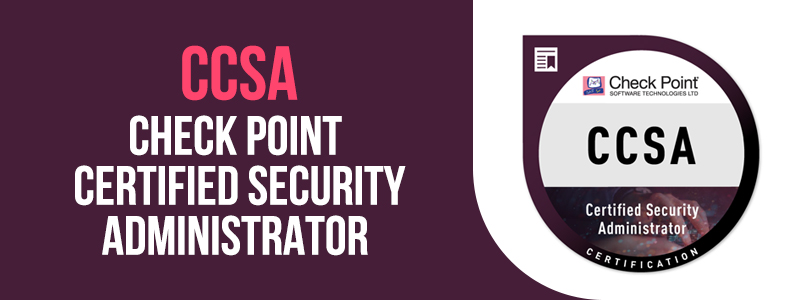
The CCSA (Check Point Certified Security Administrator) certification is a technical certification offered by Check Point Software Technologies for network security professionals. The CCSA certification is focused on the Check Point Security Gateway and the Security Management Server, and it demonstrates a candidate's knowledge and skills in configuring and managing Check Point security solutions.
This certification covers a range of security topics, including traffic monitoring, working with ClusterXL, traffic monitoring, basic concepts of VPN, and security policy management. Like other certifications, candidates must pass a written exam that tests their knowledge and skills in configuring and managing Check Point security solutions.
The CCSA certification is designed for entry-level network security professionals, and it provides a foundation for higher-level security certifications, such as the CCSE (Check Point Certified Security Expert).
6. PCNSA
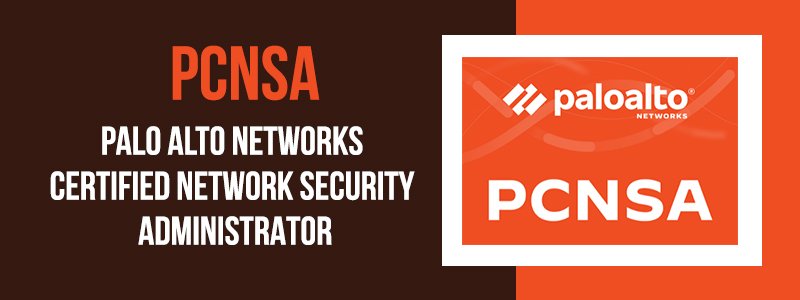
The PCNSA (Palo Alto Networks Certified Network Security Administrator) certification is a technical certification offered by Palo Alto Networks for network security professionals. It covers a range of security topics, including - WildFire Versus Malware, Device-ID to block threats, APP-ID to block threats, zone security, NAT policies, and more.
Like CCSA, the PCNSA certification is also designed for entry-level network security professionals and provides an entry to advanced certification i.e. PCNSE. From there, candidates must pass the PCNSA exam, which covers advanced enterprise network topics such as SD-WANs, wireless LANs, or infrastructure automation. With this credential, network security professionals can confidently excel in today’s rapidly changing networking landscape.
7. CCNA Devnet
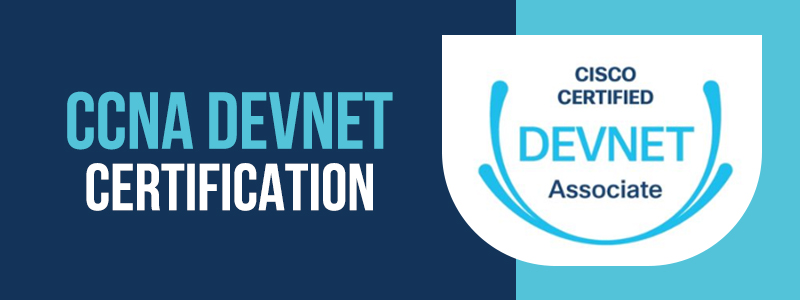
The CCNA DevNet certification is a technical certification offered by Cisco Systems for software developers and network engineers who want to develop their skills in the area of network automation and programmability. The CCNA DevNet certification is the highest level of Cisco's networking certifications and is considered one of the most valuable certifications in the field.
This certification covers a range of topics, including software development principles, network programmability, and automation using tools such as Python, REST APIs, and network APIs.
To earn your CCNA DevNet certification, you must pass two exams: Exam 200-901 DEVASC and Exam 200-902 DEVCOR. The Exam 200-901 DEVASC exam tests your knowledge of software development principles, while the Exam 200-902 DEVCOR exam tests your ability to apply these principles to create network applications. This certification can provide opportunities for career advancement in the field of network engineering and software development.
Network Bulls is a leading networking training institute in India that offers courses in a variety of IT networking like CCIE Security V6 Training, CCIE Enterprise Infrastructure courses. Our CCIE Security V6 and Enterprise Integrated Training course covers the latest technologies in networking course, including firewalls, Switches, routers, VPNs, intrusion prevention, and network security protocols.
We also provide 100% job guarantee courses, which is a unique offering in the field of technical training. We provide hands-on training, real-world scenarios, and a lab environment that simulates real-world network and security challenges.
- RECOMMENDED POSTS
-
Trending (0)

-
Network Bulls Placements (53)

-
CCIE (101)

-
CCNP (32)

-
CCNA (40)

-
Awards (14)

-
Network Bulls Reviews (53)

-
Informational Articles (74)

-
Technical Articles (26)

-
CCIE Success Stories (40)

-
Summer Training Courses (5)

-
CCIE Security Version 5 (34)

-
CCIE Data Center (19)

-
MCSE (3)

-
Industrial Training (10)

-
Microsoft Certification (3)

-
Ask NB (7)

-
Network Bulls Offers (6)

-
Best Institute for CCIE Training in India (118)

-
CCIE Training Courses (78)

-
DHCP (2)

-
Webinars (6)

-
Training (128)


















